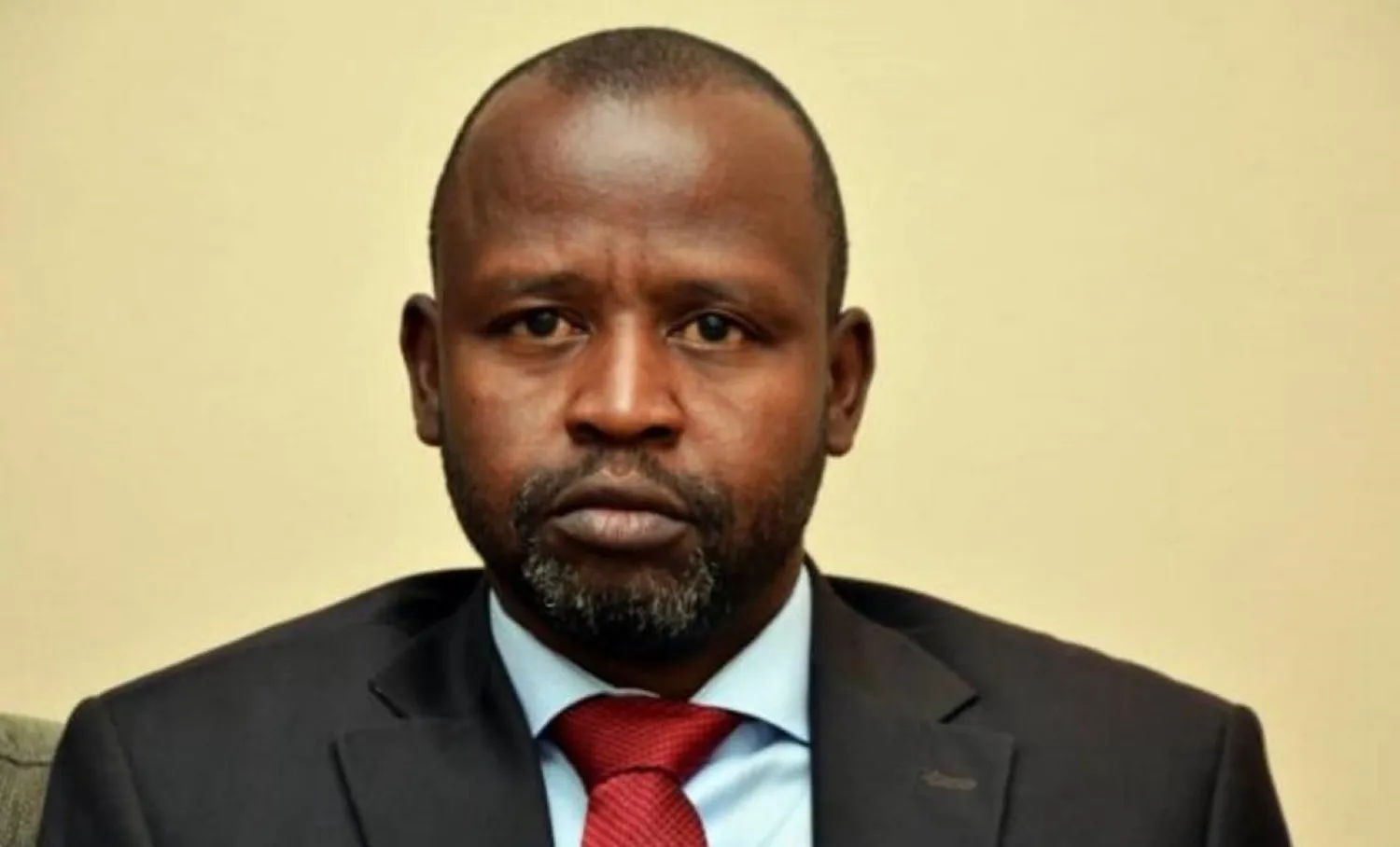Sudan's Popular Resistance Committees called on citizens to participate in a million-strong march on April 6 to end military rule and restore civilian authority.
April 6 marks the second anniversary of the arrival of millions of Sudanese to the headquarters of the army's general command in central Khartoum, days after ousting President Omar al-Bashir.
The resistance committees hope the expected million-strong demonstration to be a milestone in the ongoing protests against the army's seizure of power in October.
Meanwhile, the Sudan Revolutionary Front (SRF) launched an initiative and a roadmap to meet all political components, announced member of Transitional Sovereign Council Al-Hadi Idris.
Idris told the Sudan news agency (SUNA) that the dialogue adopted by the Revolutionary Front to resolve the Sudanese crisis will take place in two stages.
The roadmap suggested by the Front calls for confidence-building measures and releasing all political detainees, namely former members of the Empowerment Removal Committee.
It also wants to lift the state of emergency, ensure an end to violence against peaceful demonstrators, and form a neutral fact-finding committee to reveal the party behind the killing of the demonstrators.
He explained that the military is included in these measures and must begin releasing detainees and lifting the state of emergency to build confidence.
It must engage in a constructive dialogue between the parties to the Constitutional Document, Freedom and Change Forces, the peace parties, the resistance committees, and all the forces of the revolution to form the government.
Idris explained that this would help address the crisis that resulted from the recent developments and the return to the constitutional document and the democratic path.
The official stated that the UN Mission in Sudan (UNITAMS) and the African Union (AU) would be the guarantors, facilitators, and mediators between the Sudanese parties in this initiative.
He explained that the Revolutionary Front is not a mediator but rather a partner, based on its position in the government and with all other powers.
If the first stage is completed successfully, the second stage will begin, said Idris, noting that it will include a comprehensive dialogue of all political forces, except for the National Conference, to discuss the elections, the constitutional conference, and the civil democratic transition.
Idris added that the initiative also addresses the form of the government and institutions, noting that dialogue could lead to a change in the form of the government, even if there are different opinions about the Sovereign Council, the Council of Ministers, and the Security and Defense Council.
The new government's priorities should be people's livelihood, peace, and preparation for elections, stressed Idris.
The Council member stressed that the ultimate purpose of the initiative is to save the country and rescue it from imminent collapse, adding that it is crucial to expedite the implementation of the initiative to ensure the dissolved National Congress would not return to the scene.









